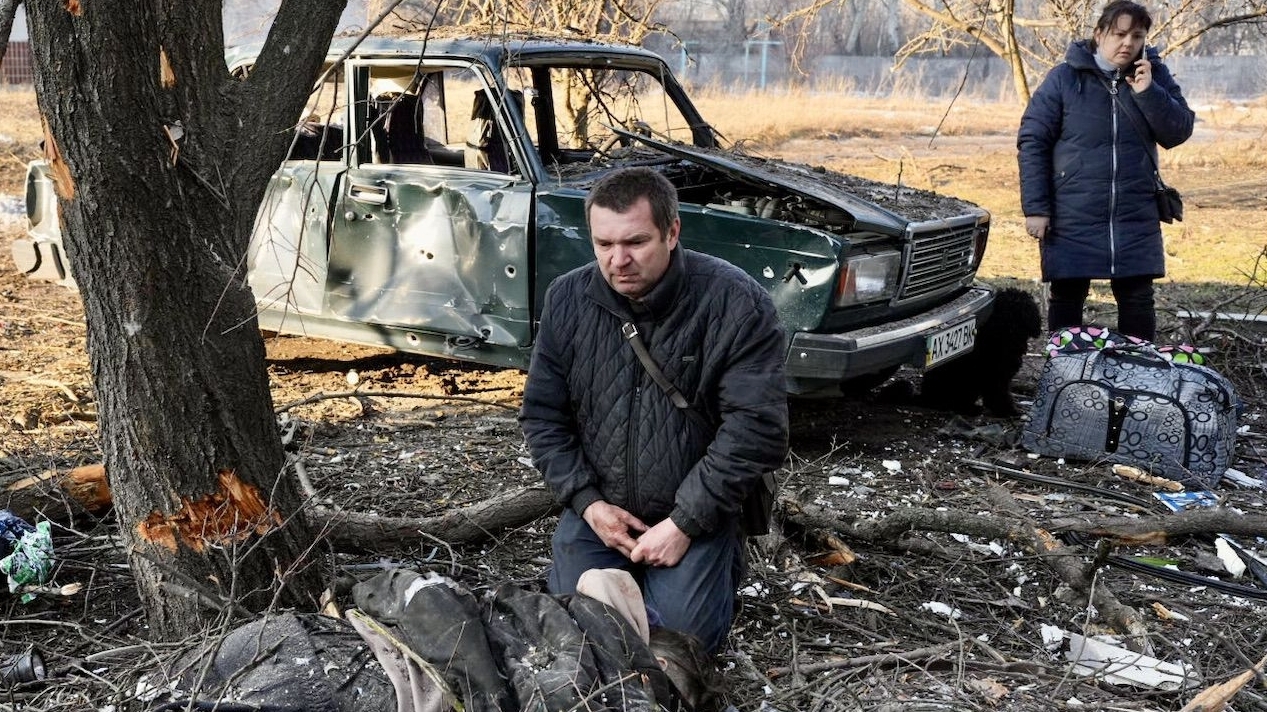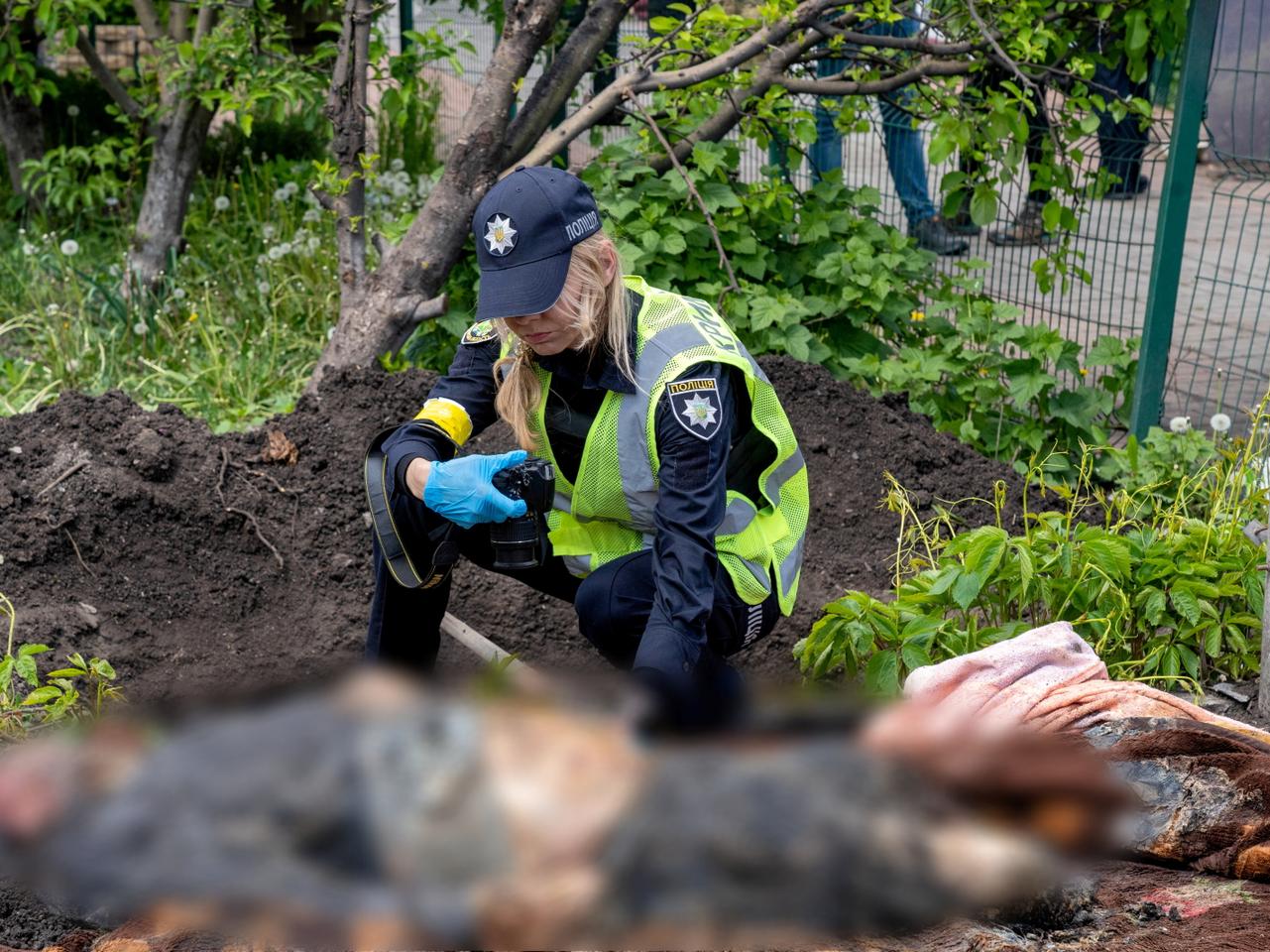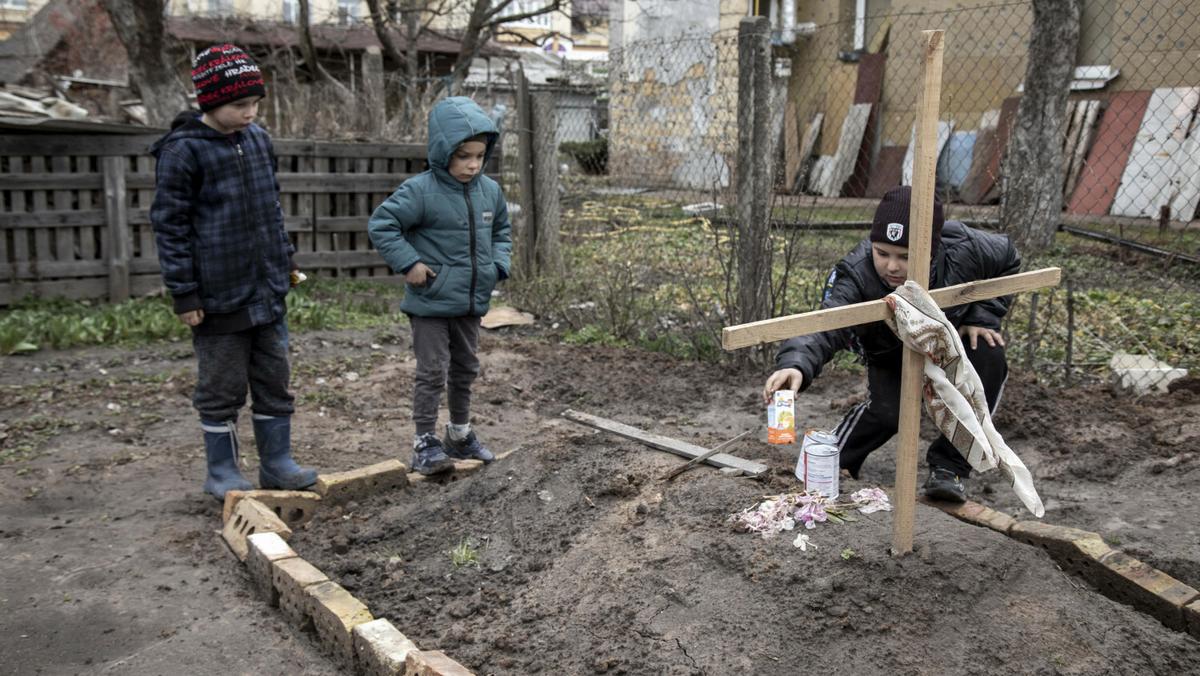War crimes in Ukraine. Are social media platforms destroying evidence?
Estimated reading time: 4 minutes
Social media platforms irreparably destroy a large amount of evidence of war crimes. All because of moderation mechanisms, often based on artificial intelligence.

Videos documenting Russian attacks on civilians were taken down within minutes
Evidence of war crimes, which are often documented in the form of photos, videos or social media posts, is being irretrievably destroyed by big internet companies and their content moderation mechanisms, the BBC estimates.
Many materials that could be used as evidence in the case of war crimes committed by Russia in Ukraine are removed by the moderation mechanisms of social media platforms without prior archiving.
US politicians have written to the bosses of Meta, TikTok, Twitter and YouTube to request that the companies archive content that includes potential evidence of Russian war crimes in Ukraine. The letters were sent by four senior Democrats who chair powerful committees in the House of Representatives relating to oversight, foreign affairs and national security.
Although the letters are not equivalent to binding legal orders, they are backed by considerable political power and come as the platforms face a range of pressures regarding online safety issues.
One of the letters seen by NBC News, addressed to Mark Zuckerberg, states: “We write to encourage Meta to take steps to preserve and archive content shared on its platforms that could potentially be used as evidence.”
How to keep balance?
Meta and Google-owned video platform YouTube officially say they are trying to strike a balance between their obligations to moderate content and protect users from violent content, and their efforts to document the war in Ukraine.
In an interview with the BBC, one of Meta's supervisory board members, Alan Rusbridger, assessed that the social media industry behaves too carefully in its moderation activities.
The British public broadcaster notes that many online platforms claim that the exception to moderation is content, which, if left online, may be subject to so-called public interest. However, it turned out that when, as part of an experiment, journalists wanted to post a recording on social media documenting an attack on Ukrainian civilians, it was quickly picked up by moderation mechanisms and deleted.
Blame the artificial intelligence
According to the BBC, artificial intelligence supporting moderation, which is designed to capture all content of a violent nature, is to blame in this case.
However, the algorithms do not work in a nuanced way and do not realize that the evidence in the form of violent posts showing the course of the war and what the Russians are doing in Ukraine can be critically important for prosecuting representatives of the Russian military after the conflict.

Fighting against time
Human rights advocates are calling on internet companies to take this situation into account and start approaching content moderation in a way that allows evidence of war crimes to be preserved.
This type of content can disappear within minutes of being published.
That is why the organization of human rights defenders Mnemonic operates in Berlin archiving content that could serve as evidence of war crimes before it was removed by large online platforms.
This organization has developed a special tool that automatically downloads and saves materials that can be used as evidence in court. It has already been used in the case of content related to the war in Syria, Yemen, Sudan, and now – in the context of content that may constitute evidence of human rights violations by the Russians.
However, one organization is not enough – it is not able to meet the enormity of needs that are growing in connection with active conflicts in various regions of the world.
Social media platforms should develop content archiving mechanisms that can help punish those responsible for war crimes and bring them to justice – but in the meantime, big internet companies are fighting against female nipples or other horrific images so that no one – especially in war zones – did not deteriorate. Never mind human rights violations and crimes.





